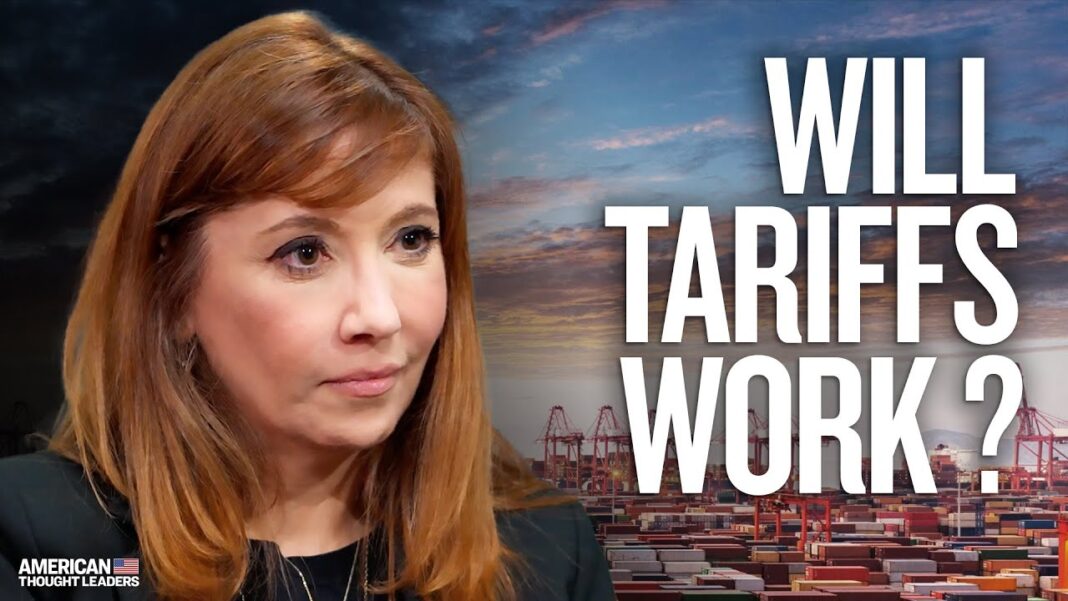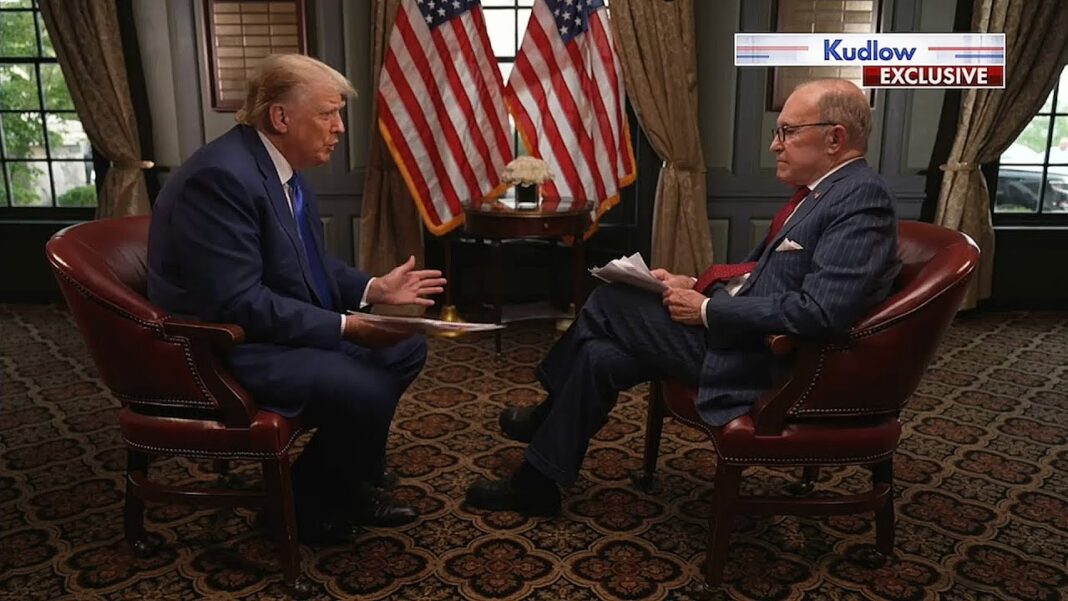‘A lot of companies got way out over their skis on this, but the law hasn’t changed,’ Tennessee Attorney General Jonathan Skrmetti said.
After years of applying the progressive environmental, social, and governance (ESG) ideological framework to their corporations, executives appear to now be realizing that these programs could be driving their companies into a legal and financial wall.
The past year has seen a growing list of Fortune 500 companies announcing that they are dropping race- and gender-based programs for their employees and pulling out of global net zero climate clubs.
Companies that have announced they are canceling or dialing back their diversity, equity, and inclusion (DEI) programs include Meta, Walmart, Ford, McDonald’s, Harley-Davidson, John Deere, Tractor Supply Company, Lowe’s, Molson Coors, Nissan, Toyota, and Stanley Black & Decker.
In addition, within weeks of the 2024 election, six of the largest U.S. banks—Goldman Sachs, Citigroup, Wells Fargo, JPMorgan Chase, Bank of America, and Morgan Stanley—dropped out of the U.N.-sponsored Net-Zero Banking Alliance.
On Jan. 13, the Net Zero Asset Managers initiative (NZAMi) announced that it would suspend its activities after investor giant BlackRock announced its withdrawal from the club on Jan. 9. These departures followed in the wake of half of the members of the Net-Zero Insurance Alliance quitting that organization in 2023.
This has led many to conclude that the ESG movement is rapidly coming to an end.
“ESG and DEI are both on death watch,” Daniel Cameron, former Kentucky attorney general and current CEO of the nonprofit 1792 Exchange, told The Epoch Times.
“I think it’s because companies are realizing that a lot of the country just want our corporate community to focus on creating and developing great products and providing great service, rather than pushing or preaching a partisan agenda,” he said.
Republican victories in the November 2024 elections will likely spark more defections from the progressive corporate movement.
“The election of Donald Trump put backers of ESG on notice, and I believe the recent departure by several major banks and asset managers from the U.N.’s anti-fossil fuel cartel confirms that the broader ESG movement is on life-support,” Rep. Riley Moore (R-W.Va.) told The Epoch Times.
In his former role as state treasurer of West Virginia, Moore was among the first to divest state funds from BlackRock over what he charged was the firm’s support for ESG policies.
The Nasdaq Stock Market on Jan. 16 filed a request with the Securities and Exchange Commission (SEC), seeking to withdraw its 2021 diversity rule after an appeals court recently struck it down.
The Nasdaq rule had required companies listed on the exchange to have at least two “diverse” board members, including “at least one director who self-identifies as a female” and one who “self-identifies as Black or African American, Hispanic or Latinx, Asian, Native American or Alaska Native, Native Hawaiian or Pacific Islander, two or more races or ethnicities, or as LGBTQ+.”







